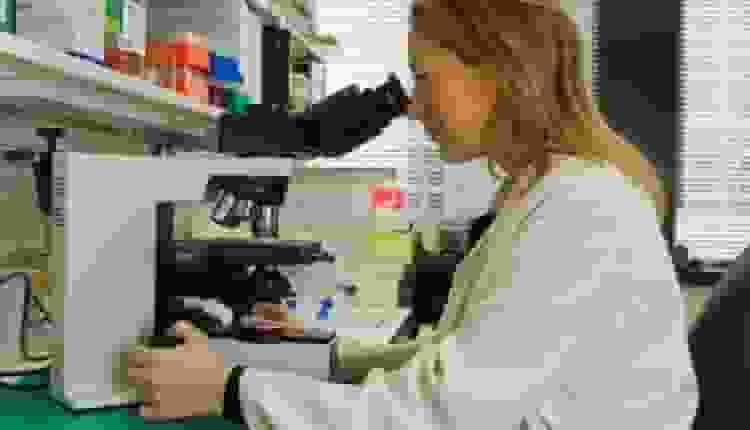
Researchers have created an Artificial Intelligence (AI) model that can detect Lung cancer more accurately than any other method, which could expedite diagnosis.
Experts from the Royal Marsden NHS foundation trust, the Institute of Cancer Research, London, and Imperial College London developed an artificial intelligence tool that can tell whether or not abnormal growths seen on CT scans are cancerous.
Radiomics-Based Ai Algorithm For Lung Cancer Detection
The AI model may also help doctors make quicker decisions about patients with medium-risk abnormal growths, according to research published in the eBioMedicine journal of The Lancet.
To develop a radionics-based AI algorithm, the team analyzed CT scan data from approximately 500 patients with large lung nodules. The technique can extract information from medical images that is difficult for the human eye to detect.
The AI model was put to the test to see if it could correctly identify nodules that could later develop into cancer.
Read more: Zhurong Rover’s Discovery: Evidence Of Recent Water Found In Mars Sand Dunes
Early Stages Of The Libra Study

Dr. Benjamin Hunter, a clinical oncology registrar at the Royal Marsden and clinical research fellow at Imperial, stated, According to these preliminary results, our model seems to accurately identify large lung nodules that are cancerous.
Next, we intend to test the technology on patients with large lung nodules in the clinic to determine if it accurately predicts their lung cancer risk.
According to the researchers, the study, dubbed Libra, is still in its early stages, and additional
testing will be required before the model can be implemented in healthcare systems.
Dr. Hunter believes this will eventually help improve cancer detection and treatment by helping to identify high-risk patients and getting them help faster. High-risk patients will be identified and moved to the front of the line for treatment.
A little more than a fifth (21%) of all cancer deaths in the United Kingdom are attributable to lung cancer, the leading cause of cancer-related mortality worldwide.
Read more: Education Department Issues Guidance On Supporting Justice-Involved Students In Higher Education

